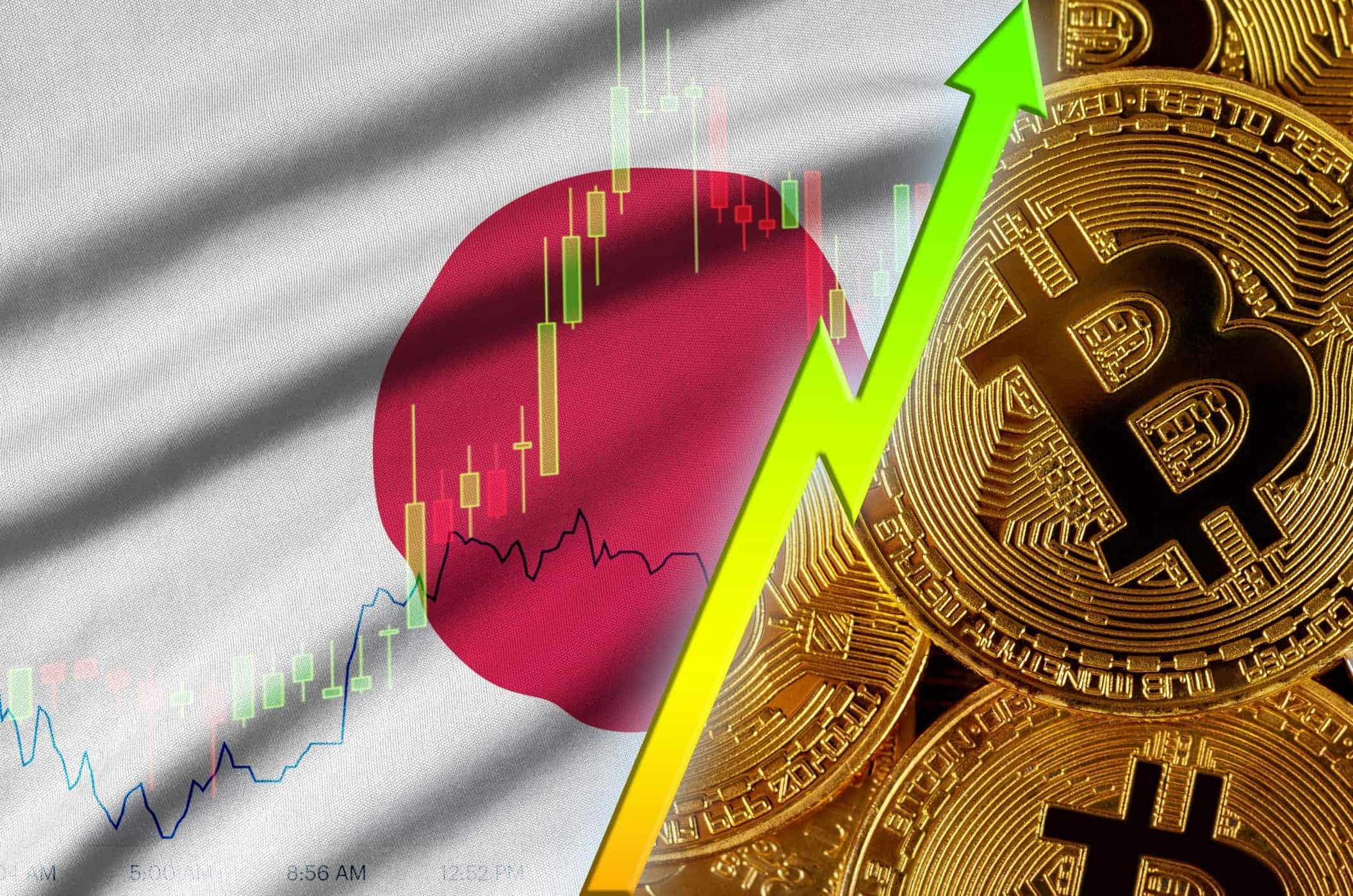The Japan Virtual and Crypto assets Exchange Association (JVCEA), an industry group that includes 29 domestic cryptocurrency exchanges and derivatives traders, disclosed yesterday that the nation’s virtual currency deposits hit a record high in March, soaring to 1.41 trillion yen, or about US$13 billion. The amount is nearly seven times that of last year’s crypto deposits for the same month.
Some analysts pointed to President Joe Biden’s recently passed US$1.9 trillion Covid-19 stimulus package boosting Bitcoin’s bull run, which lured more Japanese investment into the nation’s crypto market. But in a country where cash remains popular, questions remain about whether the recent spike in Japan’s crypto adoption would continue rising. In a February Statista Global Consumer Survey of 74 countries, Japan had among the smallest proportion of respondents — just 4% — saying they used crypto, and Japan tied with Denmark for dead last in the world when it came to crypto adoption.
So is Japan’s crypto deposits surge a turning point and harbinger of longer-term trends?
More regulatory certainty, significant partnerships
Japan’s crypto scene flowered early, but investors experienced repeated trauma.
First came Mt. Gox, a Tokyo cryptocurrency exchange launched in 2010 that saw 850,000 Bitcoins go missing before shutting down in April 2014. Though 200,000 of the coins were later located, the estimated US$450 million in losses not only rendered Gox insolvent but also badly shook investors’ faith in the still-nascent industry.
Then Coincheck happened.
JVCEA, a “self-regulating cryptocurrency initiative,” was formed in the wake of the infamous January 2018 Coincheck hack, which resulted in the loss of US$530 million in the form of NEM (XEM) tokens. The hack was later revealed to have been enabled by the exchange storing crypto insecurely in a single hot wallet. Though Coincheck refunded customers afterward, the exchange came under extreme criticism from investors as well as government officials, and Japan’s regulatory landscape would change dramatically soon after.
In October the same year, with updated regulations and classifications previously issued for virtual asset service providers (VASPs), Japan’s Financial Services Authority granted JVCEA self-regulatory status, effectively allowing the association to govern member exchanges, setting a new standard for cryptocurrency regulation in Japan.
The result was two-fold. Tokyo and other city centers, which had enjoyed a proliferation of independent Bitcoin ATMs, active merchant adoption and OTC trading, now found themselves facing licensing fees and new tax requirements. The peer-to-peer crypto that had eliminated the need for third-party financial institutions was being regulated by the same. On the one hand, this meant individual adoption was set back. On the other, institutional adoption made crypto feel safer to the average investor.
One example of the trend toward normalizing crypto in the eyes of concerned investors is the recently announced marketing partnership between NEM and Nikkei Sangyo Kokokusha, which is part of Japan’s financial media giant, Nikkei Group.
“The strength of our team and network of strategic partners in Japan ensure that we continue to expand our presence in the country,” David Mansell, NEM’s chief operating officer, told Forkast.News. He added that NEM recently was among the first blockchain to be represented at FINSUM, one of Japan’s leading Fintech conferences. “We’re proud of the strong engagement from the Japanese community, who have led exciting initiatives, such as enabling Symbol (XYM) payments at local events this April.”
Will Japan’s favorite coins enjoy even wider acceptance?
When it comes to the most traded cryptocurrencies by transaction amount on member exchanges, JVCEA’s update shows the top 10 coins: Bitcoin (BTC), Ethereum’s Ether (ETH), Ripple (XRP), NEM (XEM), Qtum (QTUM), Basic Attention Token (BAT), Stellar (XLM), Bitcoin Cash (BCH), MonaCoin (MONA), and Litecoin (LTC), in that order. The list was compiled via info from the exchanges and only includes coins handled by at least three member groups.
Continued record-setting developments in Japan could portend crypto’s popularity is no passing fad. Nexon, a section-1-listed company on the Tokyo Stock Exchange, recently announced their purchase of US$100 million worth of Bitcoin — a first for a domestic listed company, according to local sources.
“Our purchase of bitcoin reflects a disciplined strategy for protecting shareholder value and for maintaining the purchasing power of our cash assets,” Nexon’s CEO Owen Mahoney said today, in a press release. “In the current economic environment, we believe bitcoin offers long-term stability and liquidity while maintaining the value of our cash for future investments.”
Though the 1,717 bitcoins purchased are reported to make up “less than 2% of Nexon’s total cash and cash equivalents on hand,” the move nonetheless puts the Japan-based gaming company in a select club with other crypto-holding giants, like U.S.-listed Tesla and Square.




